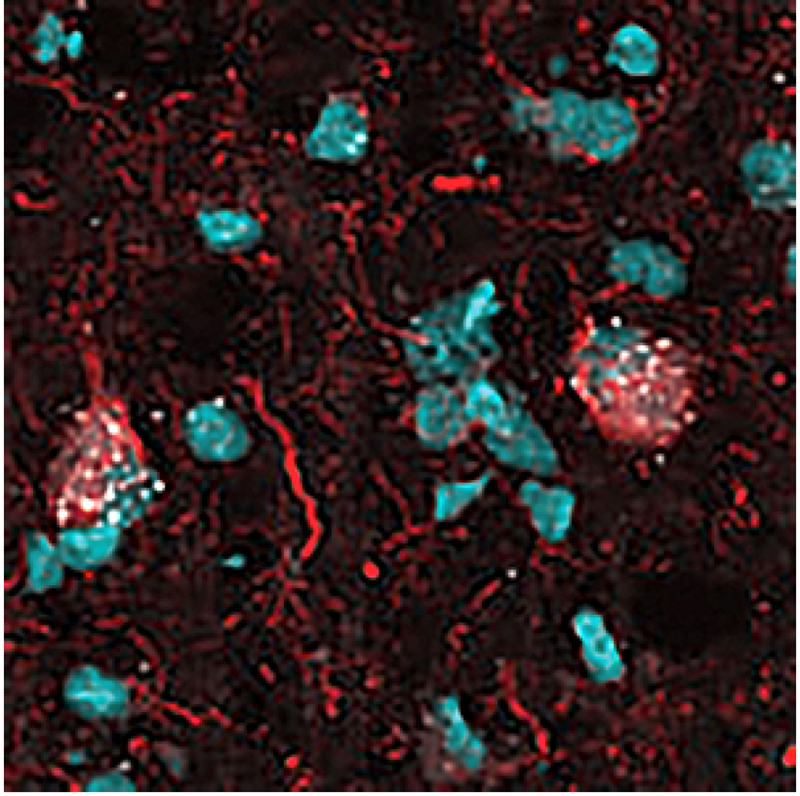New Protein May Contribute to Alzheimer Disease Progression
 Investigators at Brigham and Women's Hospital, a founding member of the Mass General Brigham healthcare system, exposed laboratory neurons to human brain extracts from about 40 people who either had Alzheimer disease (AD), were protected from AD despite having high Aβ and tau levels, or were protected from AD with little or no Aβ and tau in their brains. The researchers identified and validated ganglioside GM2 activator (GM2A) as a protein able to reduce neuronal firing and induce a loss of neurite integrity. These protein characteristics may contribute to the cause of AD, progression of the disease, or both.
Investigators at Brigham and Women's Hospital, a founding member of the Mass General Brigham healthcare system, exposed laboratory neurons to human brain extracts from about 40 people who either had Alzheimer disease (AD), were protected from AD despite having high Aβ and tau levels, or were protected from AD with little or no Aβ and tau in their brains. The researchers identified and validated ganglioside GM2 activator (GM2A) as a protein able to reduce neuronal firing and induce a loss of neurite integrity. These protein characteristics may contribute to the cause of AD, progression of the disease, or both.
“Our data helps identify a new and potentially important protein that may be associated with the pathogenesis of Alzheimer disease,” said senior author Tracy Young-Pearse, PhD, from the Department of Neurology. “Interestingly, GM2A has been previously implicated as a causative agent in a lysosomal storage disorder very similar to Tay-Sachs disease, another condition like AD that destroys neurons.”
The authors conclude that their results provide a systematic strategy that could help “identify candidate proteins present in the aged human brain that potentially impact neuronal vulnerability.” They add the data from this experiment “establish a platform for modeling neuronal vulnerability in response to factors endogenously present in the human brain and provide insights into proteins potentially contributing to AD pathogenesis.”
